Optimal Timing for Pond Soil Erosion Control
Effective pond soil erosion management requires timing considerations to ensure optimal results. The timing depends on weather patterns, water levels, and seasonal conditions that influence soil stability and erosion risk.
Implementing erosion management during dry seasons minimizes runoff and soil displacement, leading to more effective stabilization.
Addressing soil erosion immediately after heavy rains prevents further soil loss and stabilizes pond banks.
Spring and early summer are often ideal for soil stabilization efforts due to moderate weather conditions and soil moisture levels.
Erosion control measures are less effective during freezing temperatures, which can hinder soil stabilization efforts.
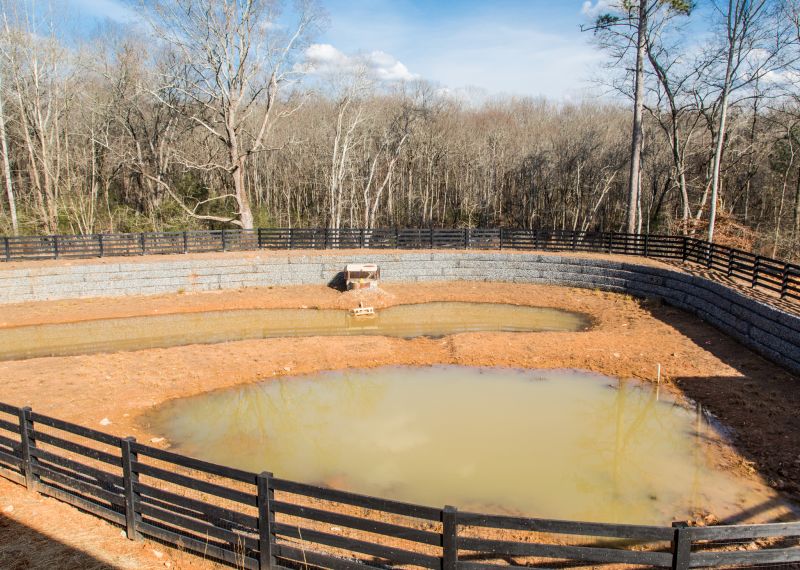
Ways to make Pond Soil Erosion Managements work in tight or awkward layouts.
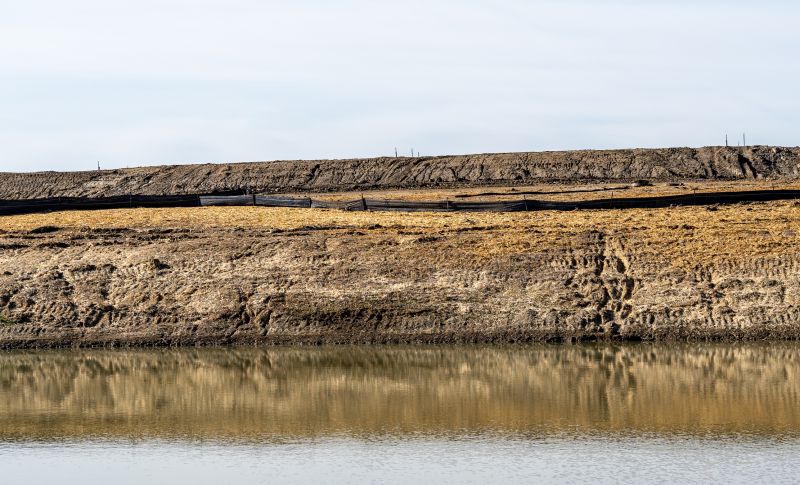
Popular materials for Pond Soil Erosion Managements and why they hold up over time.
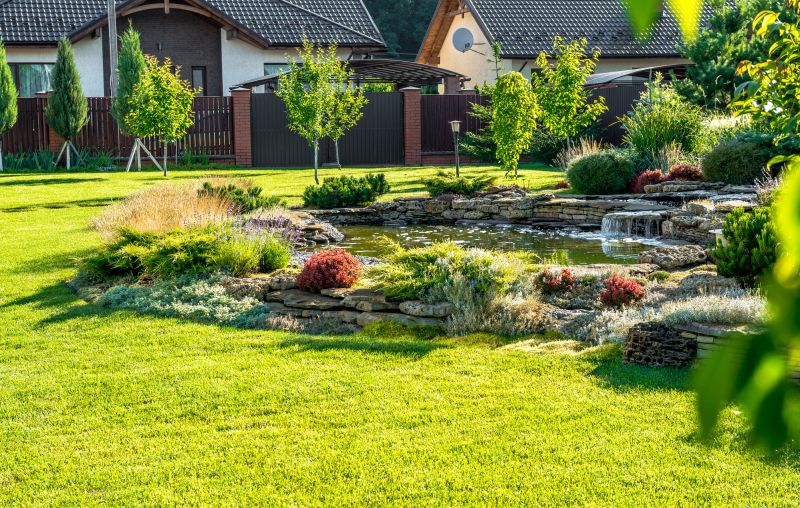
Simple add-ons that improve Pond Soil Erosion Managements without blowing the budget.

High-end options that actually feel worth it for Pond Soil Erosion Managements.
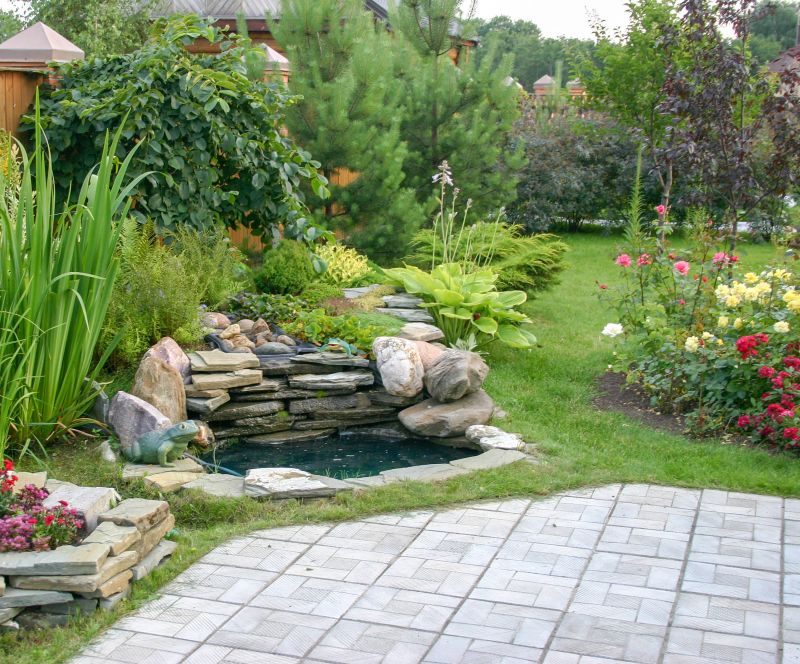
Finishes and colors that play nicely with Pond Soil Erosion Managements.
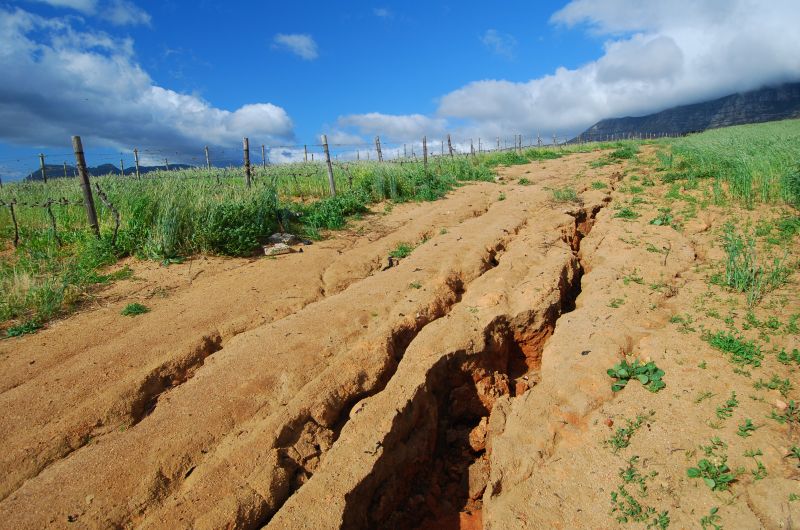
Little measurements that prevent headaches on Pond Soil Erosion Managements day.
Pond soil erosion management involves implementing strategies to prevent soil loss and stabilize pond banks. Proper timing enhances the effectiveness of these measures, reducing sedimentation and maintaining water quality. Erosion can lead to increased sediment in ponds, affecting aquatic habitats and water usability. Statistics indicate that erosion-related sedimentation can reduce pond capacity by up to 30% over time, emphasizing the importance of timely intervention.
Effective erosion control methods include planting vegetation, installing erosion control mats, and constructing retaining structures. These techniques are most successful when applied during periods of moderate weather and soil moisture. Regular monitoring and maintenance are essential to adapt to changing conditions and ensure long-term stability.

A 60-second routine that keeps Pond Soil Erosion Managements looking new.
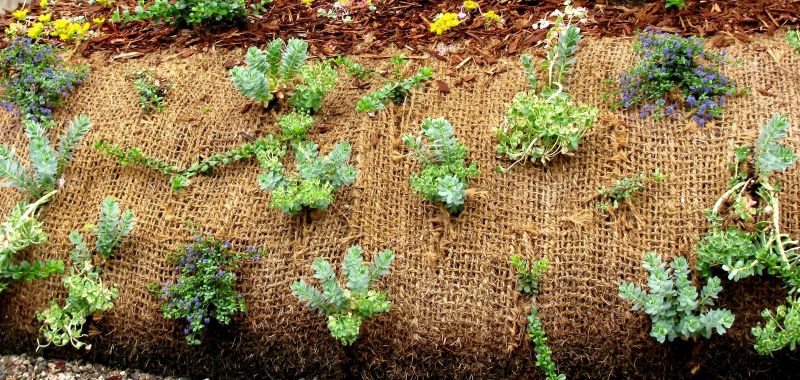
A frequent mistake in Pond Soil Erosion Managements and how to dodge it.
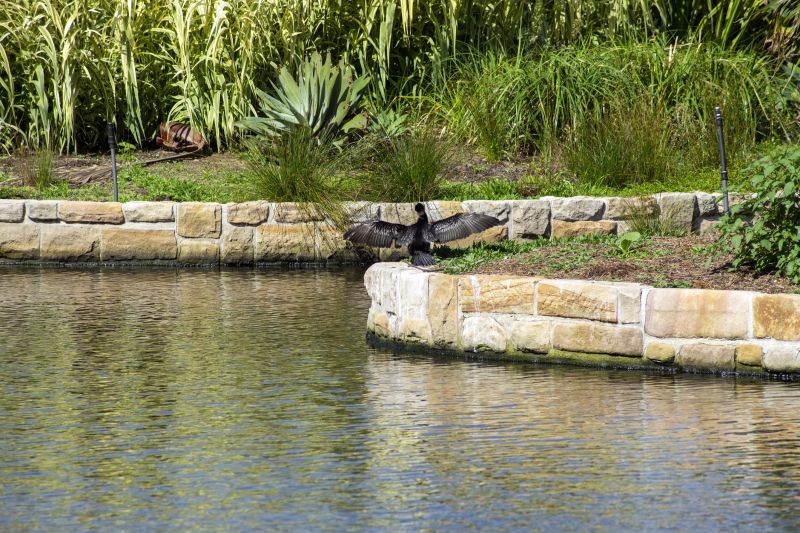
Small tweaks to make Pond Soil Erosion Managements safer and easier to use.
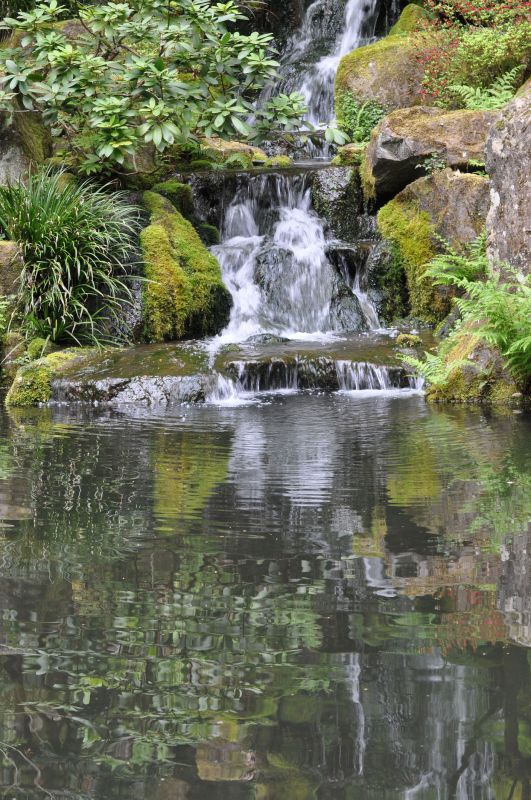
Lower-waste or water-saving choices for Pond Soil Erosion Managements.
| Timing Consideration | Recommended Action |
|---|---|
| Dry season | Implement erosion control measures to prevent soil loss. |
| Post-heavy rainfall | Address erosion immediately to stabilize banks. |
| Spring to early summer | Schedule soil stabilization efforts. |
| Cold winter months | Avoid major interventions due to low effectiveness. |
| Moderate weather periods | Conduct regular monitoring and maintenance. |
| Pre-planting season | Prepare soil stabilization before planting vegetation. |
| During dry spells | Apply erosion control mats and vegetative cover. |
Timing is crucial for successful pond soil erosion management. Properly timed interventions can significantly reduce sedimentation, improve pond longevity, and maintain water quality. Regular assessment of weather patterns and soil conditions supports effective planning and execution of erosion control strategies.

The short, realistic tool list for quality Pond Soil Erosion Managements.
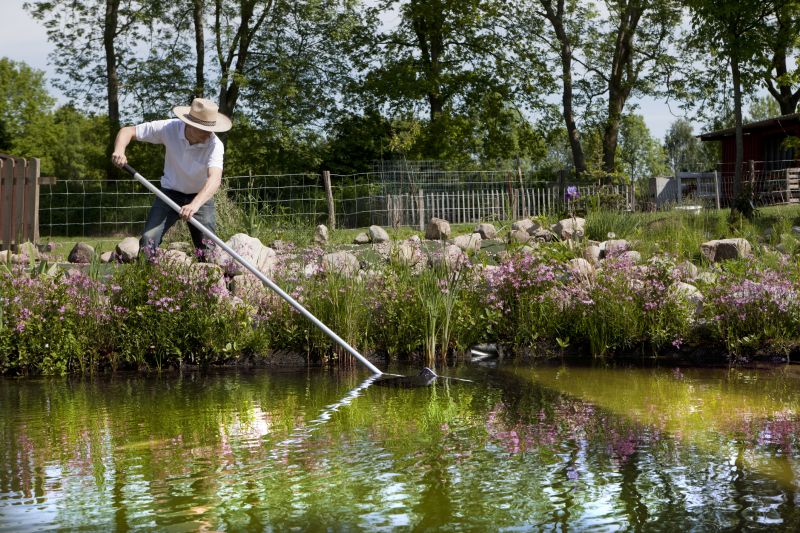
Rough timing from prep to clean-up for Pond Soil Erosion Managements.
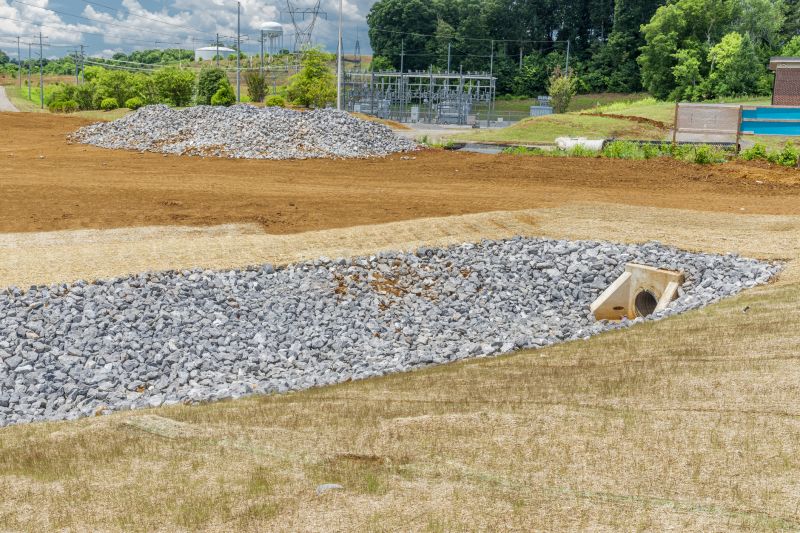
Quick checks and paperwork to keep after Pond Soil Erosion Managements.
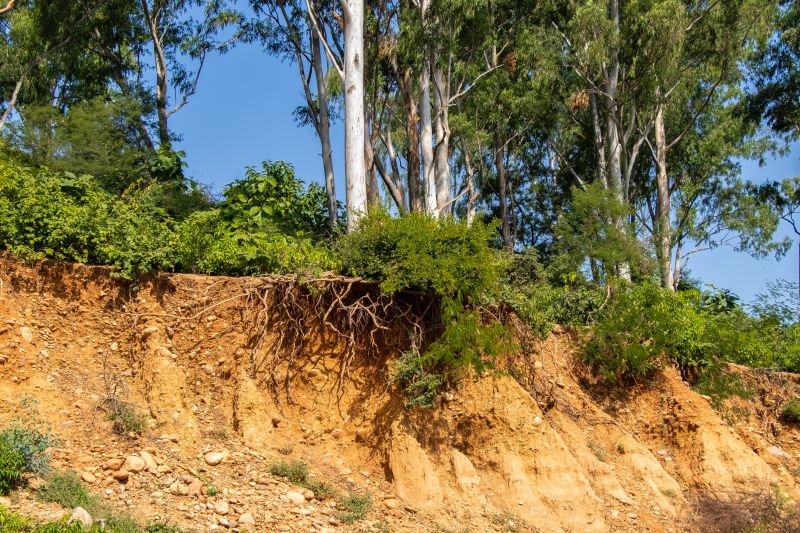
Examples that show the impact a good Pond Soil Erosion Managements can make.
Interested in implementing pond soil erosion management strategies? Filling out the contact form can provide guidance on suitable timing and techniques tailored to specific pond conditions. Proper timing and proactive measures are essential for long-term pond stability and water quality.
